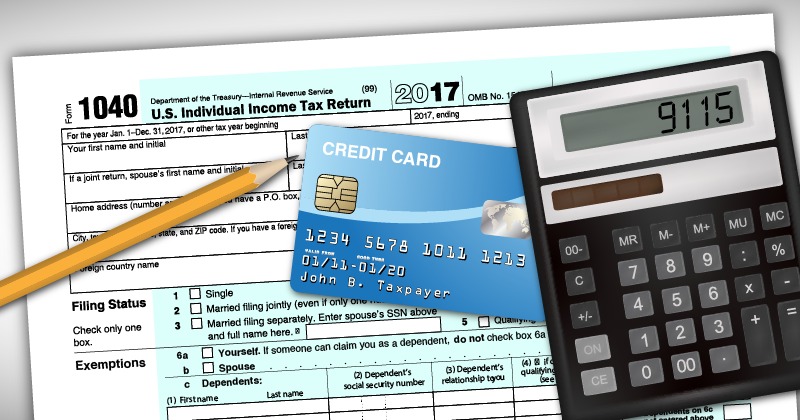
Let’s imagine, for illustration purposes, that you will not be able to pay your taxes until a couple weeks after the IRS due. You may use a credit card as a short-term loan to pay off what you owe, and then settle the balance when you get the money.
Using a credit card with a 0% introductory interest rate would allow you to spread out your tax payments over several months or even a full year.
Although the IRS itself provides payment plans, you may avoid paying interest by using a credit card with 0% interest instead of the IRS’s longer payment terms.
Earning additional credit card points is another reason individuals use credit cards to pay their taxes. Although there are costs associated with doing this, if you can accumulate enough points to make them outweigh the cost, you can still come out ahead if you pay off your full credit card payment by the deadline to avoid accruing a significant amount of interest.
Although the IRS itself provides payment plans, you may avoid paying interest by using a credit card with 0% interest instead of the IRS’s longer payment terms.
Earning additional credit card points is another reason individuals use credit cards to pay their taxes. Although there are costs associated with doing this, if you can accumulate enough points to make them outweigh the cost, you can still come out ahead if you pay off your full credit card payment by the due date to avoid accruing a lot of interest.
The top credit cards for paying taxes
The greatest credit card to utilize while paying your taxes mostly relies on your goals. Do you wish to utilize your tax bill to get a large bonus, or do you just want to scrape by with a meager proportion of rewards? Perhaps you wish to take advantage of a 0% APR for a limited time so you can gradually pay down the debt. Here are our best recommendations for paying taxes using a credit card in each of these situations:
- Citi® Double Cash Card: Best for earning cash back
- Chase Freedom Unlimited®: Best introductory 0% APR offer
- Chase Sapphire Preferred® Card: Best for flexible travel rewards
- Hilton Honors American Express Surpass® Card: Best hotel spending bonus
- The Blue Business® Plus Credit Card from American Express: Best for business taxes
Before we get into the specifics of what makes each card a fantastic option, let’s look at the procedure for paying your taxes using a credit card so you are aware of how to do it. Each of these cards may be a terrific choice to use for doing so.
How can you use a credit card to pay federal taxes?
Credit cards are not accepted by the US government for tax payments. However, it has given permission to three other businesses to handle its behalf in processing credit card payments for federal taxes. When using your credit card to pay your tax bill, it’s crucial to be aware of the fee that each of these businesses levies as a percentage of the tax payment. Depending on the firm you choose and whether you’re using a debit card or a credit card to pay the IRS, there are different fees.
You must go to the website of the business you wish to utilize and pay the amount there rather than with the IRS in order to pay your taxes using a credit card. To pay this method, you must supply all your basic information, including your name, address, date of birth, phone number, and taxpayer identification number (which for individuals is usually your social security number).
- Pro tip: Depending on where you reside, make sure to verify if your state allows you to pay state taxes using a credit card.
Remember to compare the convenience fees at various businesses (if available) before paying state taxes with a credit card. These fees are frequently comparable to those assessed when paying federal taxes with a credit card.



 Ways to earn an extra $ 1000 per month
Ways to earn an extra $ 1000 per month  The best ways available to earn money as a child
The best ways available to earn money as a child  Best investments that are considered less risky
Best investments that are considered less risky